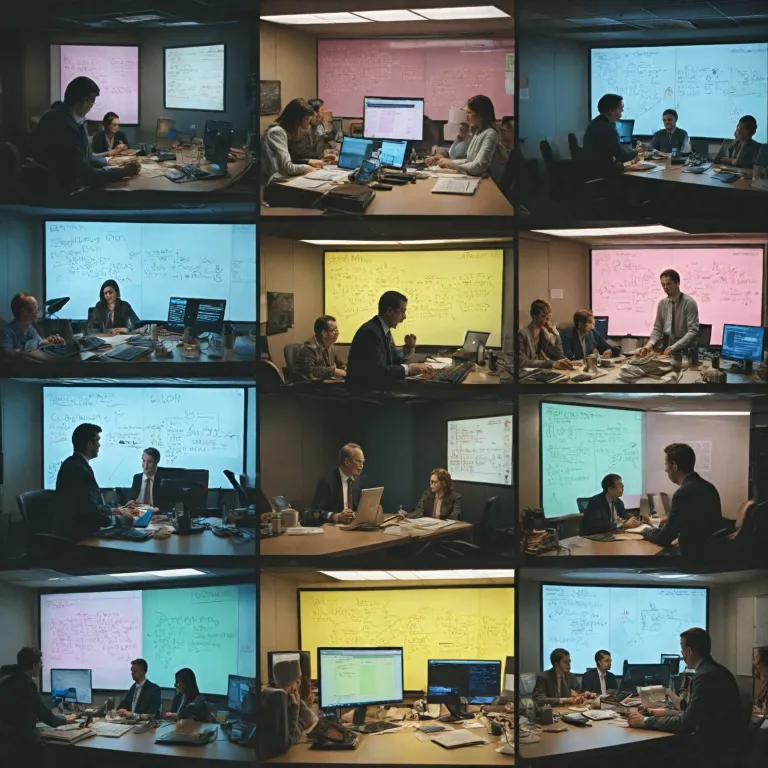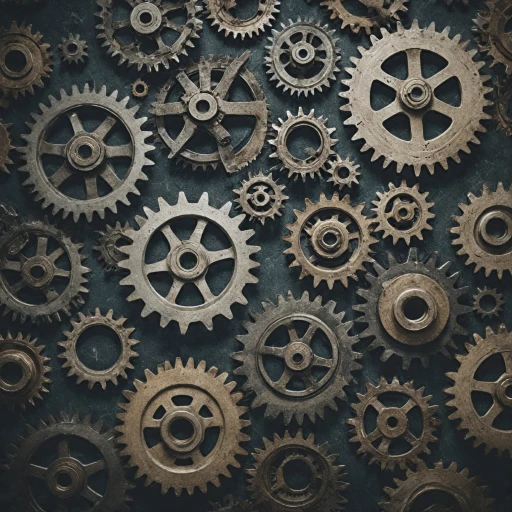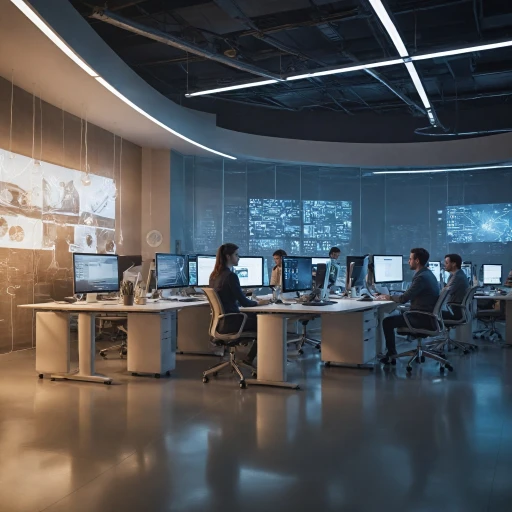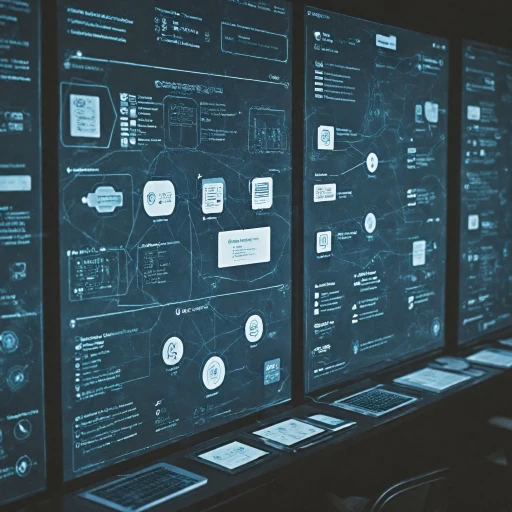
Understanding the Role of AI in HR
The Growing Influence of AI on HR Processes
Artificial Intelligence is ushering in significant changes across various sectors, and human resources is no exception. Utilizing AI in HR goes beyond mere automation—it has the potential to revolutionize how organizations approach team dynamics and project collaborations. At the heart of this transformation lies the development of effective interview questions tailored to assess key skills such as teamwork, communication, and problem-solving. In this digital age, where time is a premium resource, leveraging AI ensures that HR professionals can swiftly identify candidates who not only possess the necessary skills but can also thrive in group environments.
As organizations aim for team success, AI-driven tools provide insights into the unlocking potential of recruiters’ data analysis. These insights are crucial for crafting interview questions that delve into a candidate's ability to contribute positively to team efforts and ensure team spirit. For example, by analyzing data patterns, AI can help HR teams develop questions that effectively gauge a candidate's experience in active listening and open communication within a team project setting. This ensures that candidates can describe a time they successfully navigated team dynamics to achieve project goals.
Incorporating AI into HR processes is not a one-time effort but an evolving strategy. By understanding its role in crafting questions that go beyond traditional methods, HR teams are better equipped to identify team players who can adapt and contribute to individual and collective success. This approach not only enhances the interview process but also enriches the overall candidate experience, aligning with the organization's long-term objectives.
The Importance of Team Interview Questions
Developing Questions that Bolster Team Success
Crafting effective team interview questions is crucial in assessing a candidate's ability to contribute positively to the team environment. The right questions help understand a candidate's past experiences and potential future contributions to the dynamics of a team. Questions should be designed to elicit responses that reveal the individual’s teamwork skills, communication ability, and problem-solving approach within a group setting.
An effective strategy in creating these questions involves focusing on various competencies such as open communication and team spirit. For instance, asking candidates to describe a time they worked on a team project can provide insights into their collaboration skills and the strategies they use to ensure team success.
Evaluating Team Dynamics and Contribution
Assessing how a candidate interacts with team members is a vital component of the interview process. Consider questions that explore individual performance within a team setting, such as, "Can you provide an example of a time you had to balance your individual tasks with team efforts?" This can show how well candidates manage their responsibilities while contributing to overall team goals.
Questions designed to gauge active listening and effective communication are particularly relevant. Candidates who demonstrate strong teamwork skills often exemplify the ability to engage in open dialogue, listen to feedback, and adapt to the needs of the project. Focusing on how they handle communication challenges within a team can predict future performance.
How AI Can Enhance Interview Question Development
AI-Driven Insights to Enhance Interview Question Development
Artificial intelligence can revolutionize the formulation of team interview questions, ensuring they cater to the nuances of group dynamics, communication skills, and collaborative abilities. By leveraging AI's capabilities, organizations can craft questions that delve deeper into a candidate's potential contributions to team projects and their ability to harmonize with existing team members. An AI-powered approach can assist in analyzing vast datasets of successful interview questions, identifying common themes and patterns conducive to discerning a candidate's teamwork skills. For instance, questions that focus on a candidate's ability to describe times when they facilitated open communication can be derived from AI analyses, promoting a clearer understanding of candidate fit. Bullet points of interview question aspects that AI can refine include:- Communication Skills: Evaluating a candidate's effective communication techniques and active listening abilities.
- Team Dynamics: Understanding how a candidate influences team efforts and integrates into an established team spirit.
- Problem Solving: Gathering insights about the candidate's capability to offer solutions in a group setting.
- Individual and Group Contributions: Discerning how a candidate balances individual performance with the goals of the collective team.
- Specific Scenarios: Crafting questions about a candidate's experience on team projects, focusing on examples and specific times when they contributed to team success.
Case Studies: AI in Action
AI-Driven Team Interview Question Development Examples
AI is revolutionizing the creation of team interview questions by leveraging data analytics and natural language processing (NLP) to develop a comprehensive understanding of candidate attributes. Here are some case studies demonstrating how organizations are implementing AI to enhance this process.- Case Study 1: Customizing Teamwork Questions
- Case Study 2: Identifying Key Communication Skills
- Case Study 3: Enhancing Problem-Solving Abilities
An international tech firm utilized AI to tailor interview questions specifically for assessing the teamwork skills of candidates. By analyzing successful team projects in the past, AI-generated questions that accurately assess a candidate's ability to contribute to group goals and effectively communicate during collaborations. Questions like "Describe a time when you supported a team member to achieve challenging project goals" helped probe into real-life collaboration dynamics.
A financial services organization implemented an AI-driven system to emphasize active listening and effective communication in its team interview process. The AI analyzed past employee performance evaluations to form questions focused on essential communication skills. Examples include "How do you ensure open communication in a team setting?" These AI-curated questions helped the organization select candidates who possessed both clarity in communication and the ability to foster a team spirit.
In a study within a manufacturing company, AI utilized historical data from successful projects to pull out patterns that highlighted effective problem-solving and critical thinking in team settings. The resulting questions such as "Provide an example of a time when you had to solve a problem within a team environment" allowed interviewers to assess how a candidate navigates project challenges collaboratively, enhancing the team's overall success.













